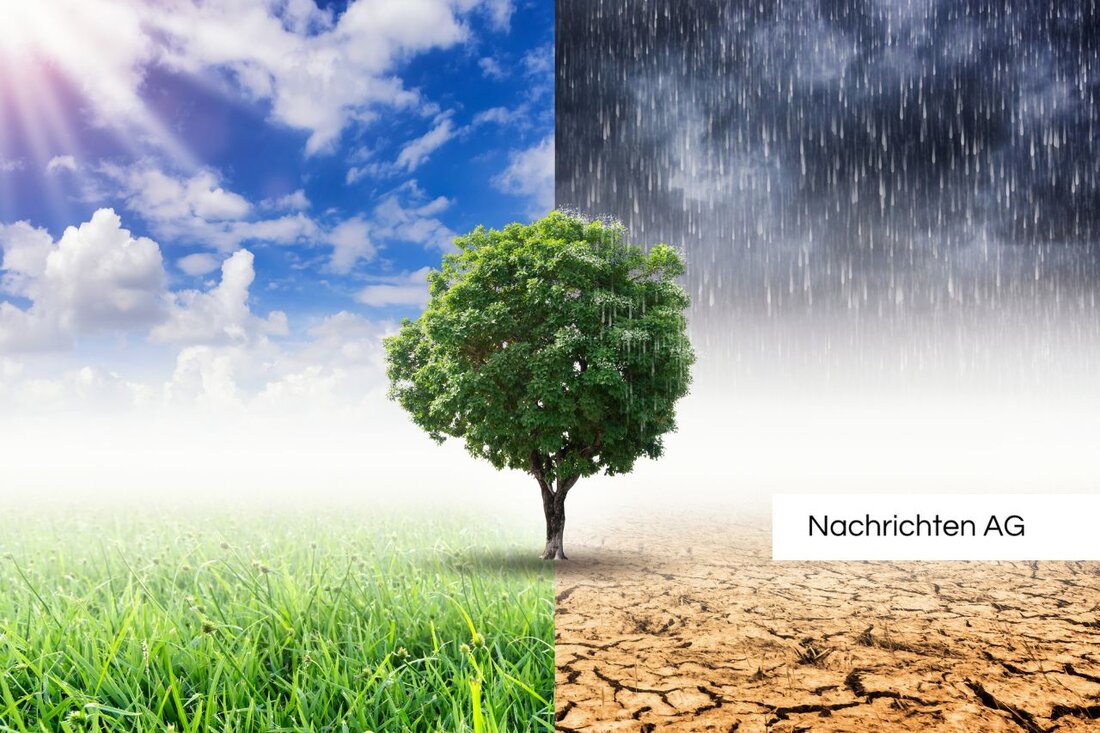Sustainability in focus: UDE is developing a future-oriented strategy!
Dr. Sebastian Schmuck, the UDE's new sustainability manager, is developing strategies for sustainable urban development in Essen.

Sustainability in focus: UDE is developing a future-oriented strategy!
On August 7, 2025, Dr. Sebastian Schmuck was introduced as the new sustainability manager at the University of Duisburg-Essen (UDE). Schmuck, who has been associated with the UDE for over 25 years, studied civil engineering with a focus on urban water and waste management. In his doctorate he focused on the CO₂ balance of wastewater plants. He has been working at the Faculty of Engineering since 2008 and focuses on sustainability within the university.
Its task is to develop a comprehensive sustainability strategy. The aim of this strategy is a systematic, transparent and long-term orientation of the UDE with regard to various sustainability factors. However, there is currently no uniform direction with measurable goals. Jewelry criticizes the fact that it is a challenge to objectively compare different sustainability factors. To this end, he focuses on strengthening indoor sustainability through specific projects such as the campus garden, the biodiversity & sustainability educational trail and the greening of the university's roofs.
Interdisciplinary challenges and educational approaches
A central part of Schmuck's approach is the belief that education for sustainable development (ESD) is an important lever for change. He sees it as crucial to consciously shape everyday decisions in areas such as procurement, digitalization and energy consumption. Jewelry also focuses on social sustainability, which includes equal opportunities, social justice and participation.
Schmuck works closely with an impulse group consisting of students, teachers and administration. This group evaluates the results of the Sustainability Days and develops new topic areas. He has a technical approach to sustainability that focuses heavily on waste flows, recyclables and carbon footprints, and he would like to see more trust and awareness in the everyday lives of UDE members.
Climate change and water-sensitive urban development
The challenges of climate change are at the center of current considerations on urban development. Forecasts show that the increase in heavy rain events will have a negative impact on drainage systems and that longer dry periods will endanger water bodies and drinking water supplies. The Federal Environment Agency highlights the urgent need to develop sustainable solutions to adapt drinking water supplies to future climate trends. Interdisciplinary approaches to climate adaptation and the creation of a competence network are of central importance.
Another important aspect of sustainable urban development lies in the water-sensitive planning approach. This envisages developing the settlement structure in such a way that it meets the challenges of climate change and demographic change. This strategy is particularly important in regions that are heavily dependent on surface water.
The future of urban development
Urban developments in the 21st century must take into account not only economic, but also social and ecological aspects. The Federal Agency for Civic Education points out that sustainable solutions in urban development are often challenged by different social and natural conditions. The interactions between various action strategies are often not sufficiently taken into account, which leads to follow-up costs for users.
In addition, sustainable urban development requires a fair balance between current and future living conditions. The responsibility to also take the interests of future generations into account is becoming increasingly urgent. Smart space and resource management is necessary to address air pollution, water scarcity and threats to green spaces. Education and knowledge transfer are the focus here in order to create social acceptance for new technologies and strategies.

 Suche
Suche
 Mein Konto
Mein Konto